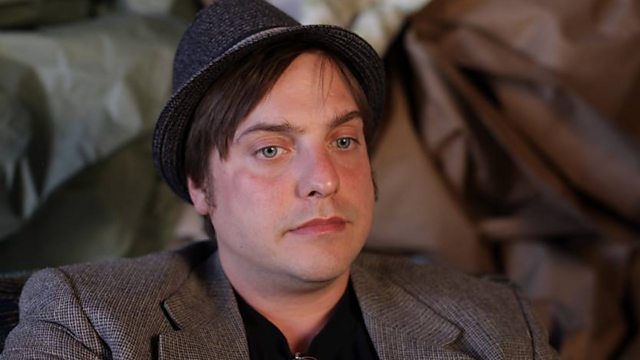Note: If you wish to receive, via e-mail, (1) my weekly newsletter or (2) daily copies of these posts, notify me at [email protected] and indicate which you would like. I promise not to share your e-mail address with anyone. To unsubscribe, send me a follow-up email.
Thursday
After a pause, I’m back to reading Daniel Genis’s Sentence: Ten Years and a Thousand Books in Prison, which I’ve blogged about in a previous post. I am drawn to the book in part because I’ve often wondered whether literature would help me cope with imprisonment were I ever to be in that unfortunate situation. Genis talks about the different ways that fiction came to his aid while he was serving time as one who had mugged people (albeit non-violently) to pay for his drug addiction.
At one point, he talks about reading the literature of other cultures to better understand his fellow inmates. As he notes, sometimes he “allowed chance meetings to direct my choices”:
A Czech friend, in for drunkenly assaulting the love of his life, sent me down a Bohemian path beyond the Franz Kafka I already knew, loved, and practically lived. His sense of humor was in congruence with what I found in Bohumil Hrabal and Jaroslav Hašek; I Served the King of England and The God Soldier Švejk were companions that kept me in good humor, as their protagonists took misery and injustice with such aplomb. When Švejk is sent to jail, he is quite happy with the boards he has to sleep on, since it could have been the cold stone floor.
The prison’s Latino contingent, meanwhile, sent Genis to Mario Vargas Llosa, Carlos Fuentes, and Gabriel GarcÍa Márquez. These he added to the short stories of Jorge Luis Borges, the existential author who, like Kafka, “seemed to be the author of some of the absurdities of my condition.” Unfortunately, he never met a hispanophone prisoner with whom he could talk about literature.
He did find such a companion—at least for a while–in a Korean-American prisoner, who alerted him to fantasy writers Alan Moore and Neil Gaiman and to Haruki Murakimi’s novel 1Q84. Genis doesn’t mention what about these novelists and this novel he loved, but I can speculate. Perhaps he identified with Shadow in Gaiman’s American Gods, who spends time in jail and then goes on a spiritual quest to find meaning in life. Or with Moore’s graphic novel Watchmen, where secret forces control life on earth. In 1Q84, meanwhile, the major characters must find a way to escape a tyrannical cult, which sounds a lot like coping with prison life.
At one point, Genis does acknowledge that reading literature is “ultimately secondary to reading men themselves,” which sounds reasonable. I wouldn’t say see it as either/or, however. Reading books assisted him in “reading” his fellow inmates so that the two feed off of each other.
Genis’s reading also gives him a way of imagining his relationship with his fellows, who he talks of as “books bound in varying shades of human leather.” Comparing them and himself to Valentine Michael Smith, the enlightened alien in Robert Heinlein’s science fiction classic Stranger in a Strange Land, he says that “they made the small scope of human experience wider.”
Along with using literature to learn about other cultures, Genis used it to learn about his own, which is immigrant Russian Jew. Unobservant before he was imprisoned, he learned that there were certain benefits to identifying Jewish (kosher cooking is a step up from normal prison food) and so read novels to learn what it means to be Jewish. He notes that Philip Roth, Saul Bellow, and Joseph Heller “explained much of myself to me”:
It was in Portnoy’s Complaint, Herzog, and Good as Gold that I found evidence proving I was a Jew after all. The intellectual egotism I knew well in my father and better in myself was common to us. We were oversexed, simultaneously needy, and a bit predatory. I was of a gabby culture no matter how much I wished I was the strong, silent type, and I loved an argument while fearing an actual fight, just like the Jews is the brilliant literature that came out of Judaic America. The characters I found there were funny, chubby, horny, and hirsute. Rother’s clever, insecure protagonsits were me. “Too Jewish,” Jackie Mason might have said, but it was right for me. Portnoy’s complaints were familiar, even if I am a Soviet Jew, from another culture and another continent.
Expect to hear more about Genis’s prison reading program in future posts.
